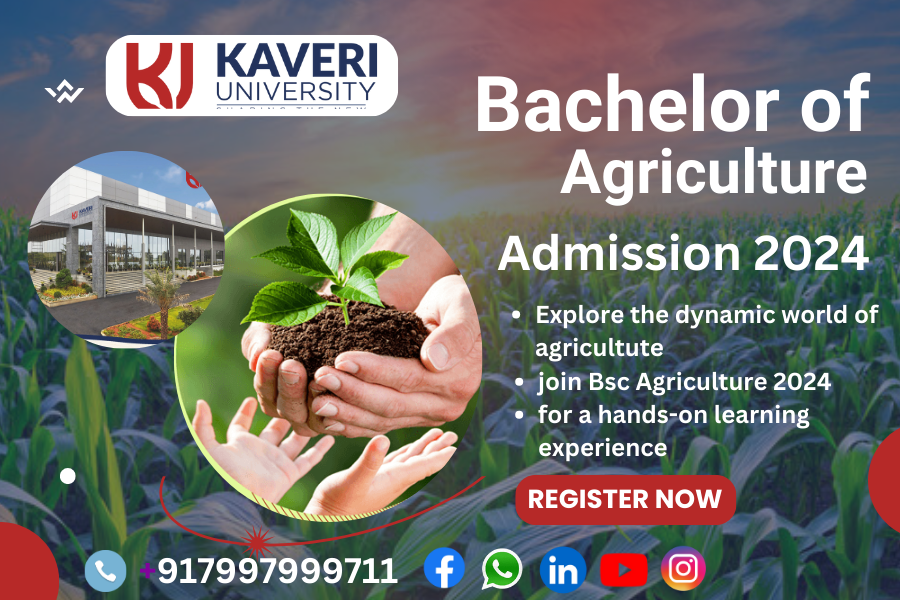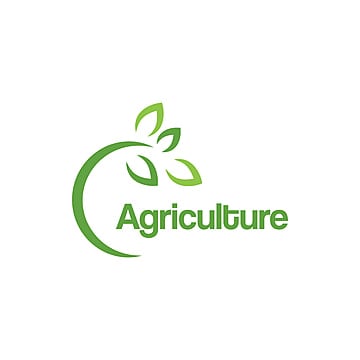Agriculture University Hyderabad
The mission of Agriculture University Hyderabad is to promote agricultural innovation, research, and education. Moreover, it plays a significant role in improving food security, creating sustainable farming methods, and empowering the next generation of farmers, scientists, and agricultural professionals.
In addition, the institution strives to provide students with cutting-edge information and practical skills by offering a variety of degrees in soil sciences, horticulture, agribusiness, and agricultural sciences. Furthermore, Agriculture University Hyderabad tackles current issues in agriculture through its research projects, thereby encouraging creativity and sustainable growth.
Would you, therefore, be interested in learning more about any particular university departments, programs, or events?
Kaveri University Hyderabad
Kaveri University, the newest institution in Telangana State, is located at Gowraram, Wargal Mandal, Siddipet District, and spans more than 100 acres beside the Konda Pochamma Reservoir on the outskirts of Hyderabad. Moreover, Kaveri University is a “Multidisciplinary Education and Research University” in line with the National Education Policy 2020.

Founded in 2023 with the goal of fostering communal exploration of the physical environment, it aims to grow into seven colleges that provide a high standard of living. Each of these colleges, in turn, is supported by 16 specialized “Centres of Excellence,” which offer students advanced education, training, and research opportunities. Furthermore, these centers include Agriculture, Community Science, Basic Sciences, Humanities & Social Sciences, Agribusiness Management, and Veterinary programs. In addition to undergraduate programs, the university also offers postgraduate, doctorate, and post-doctoral courses.
Additionally, the synergy between Kaveri Seeds research institutions, the many social science disciplines, and the emerging technologies of the Fourth Industrial Revolution (4IR) constitutes the university’s core strength. As a result, scientific discoveries can be swiftly applied to education in this manner. Kaveri University, therefore, works to create and implement transformative paths that address global concerns, with the ultimate aim of achieving the Sustainable Development Goals (SDGs).
Sustainability, moreover, is a fundamental tenet of the university’s research, driven by the desire to comprehend and address global challenges. Kaveri integrates all knowledge chains to offer practical solutions that have an everyday impact on society, from foundational research inspired by curiosity to science-based, scalable knowledge. Consequently, this holistic approach is the Kaveri way of shaping the future.
Kaveri University Admissions
Online Entrance Test: Please check the eligibility criteria page to see which entrance examinations are approved for the UG, PG, or PhD program of your choice. You need to pass the necessary entrance exam in order to be accepted into the program of your choosing. Make sure to check the ‘Awaited’ box in the appropriate column of the online application form if you haven’t taken any qualifying examinations yet or if you are still expecting the results.
Schedule and Psychometric Test: Following the entrance exam, candidates must schedule and take a Psychometric Test. This test is used to determine a candidate’s potential ability by assessing cognitive abilities and personality. In addition to evaluating intelligence, it also measures how well candidates handle various situations. Moreover, the results offer valuable insights into personal strengths and areas for development, ensuring a well-rounded assessment of each individual.
Personal Interview: The Psychometric Test is followed by a personal interview that candidates must attend. This phase places a strong focus on conduct, confidence, oral communication abilities, and expressive clarity. Furthermore, the interview gives candidates a chance to show that they can think critically and communicate their ideas well. It also enables interviewers to evaluate an applicant’s capacity for handling pressure and professional interaction.
Offer Letter: Candidates will then be notified and receive a Provisional Offer Letter if they satisfy the Composite Score standards based on the three steps mentioned above. Candidates will have seven days to accept or reject the offer after that. Therefore, a candidate’s application will be classed as inactive if they decline the offer or do not reply by the deadline. Candidates are required to submit a refundable registration fee in order to further secure their spot in the program of their choice.
Kaveri University Programs
Undergraduate Programs: In Arts, Science, Commerce, Business Administration, Law, and more.
Postgraduate Programs: Including Master’s degrees in fields such as Business Administration (MBA), Computer Science, Science, Social Work, Humanities, and others.
Doctoral Programs (Ph.D.): In various disciplines, allowing for advanced research and specialization.
Diploma and Certificate Courses: Focused on specific skills or knowledge areas.
For precise details on courses, specializations, and admission criteria, checking Kakatiya University’s official website or contacting their admissions office would be the best approach.
Eligibility Criteria
Eligibility criteria for agriculture universities can vary based on the country and specific institution, but here are some common requirements:
Undergraduate Programs:
- Educational Qualification: Typically, you need to have completed your high school education (12th grade) with a focus on science subjects like Biology, Chemistry, and Physics.
- Minimum Marks: Most universities require a minimum percentage or grade in your high school exams. This can range from 50% to 60%, depending on the institution.
- Entrance Exams: Some agriculture universities require you to pass an entrance exam specific to agriculture or a general science entrance exam.
- Age Limit: There might be an age limit for admission, which varies by country or institution.
Postgraduate Programs:
- Educational Qualification: A bachelor’s degree in agriculture or a related field is usually required.
- Minimum Marks: Generally, you need a minimum percentage or CGPA in your undergraduate degree.
- Entrance Exams: Some universities require you to pass a specific entrance exam or have a valid score in exams like GRE or GATE (depending on the country).
- Experience: In some cases, relevant work experience or research experience may be preferred or required.
Doctoral Programs:
- Educational Qualification: A master’s degree in agriculture or a related field is usually required.
- Research Proposal: You may need to submit a research proposal or statement of purpose.
- Entrance Exams/Interviews: Some institutions might require entrance exams or interviews as part of the selection process.
It’s always best to check the specific requirements of the agriculture university you’re interested in, as these can vary.


